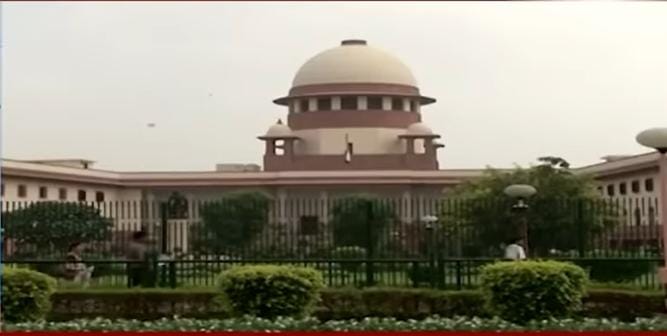

NEW DELHI: The Supreme Court on Tuesday said its decision in case of the governor’s powers will not depend on the political party in power.
The Court was hearing a Presidential reference that questions its April ruling which prescribed timelines for the President and the Governor to decide on bills.
The Constitution Bench of Chief Justice of India BR Gavai and Justices Surya Kant, Vikram Nath, PS Narasimha and Atul S Chandurkar was hearing the reference made by President Droupadi Murmu to the top court under Article 143 of the Constitution.
The reference has questioned the Court’s April ruling that prescribed timelines for the President and the Governor to decide on Bills.
“We are not going to decide the matter on the basis of which political dispensation is in power or was in power,” CJI Gavai remarked on Tuesday.
The Court made the observation when Senior Advocate Abhishek Manu Singhvi, representing the State of Tamil Nadu, and Solicitor General Tushar Mehta sparred over submission of details regarding instances where Governors had withheld assent to bills.
“I have a chart here of Tamil Nadu and Kerala here …,” Singhvi said.
At this stage, SG Mehta opposed the submission on merits and said he has charts for other States.
“If he wants to travel the dirty path, I have no difficulty. I am ready to travel that path as well but it is not necessary. It is a Presidential reference.”
In response, Singhvi said,
“Mr Mehta, threats don’t work.”
Singhvi added that Mehta may have a list of other States where there may be similar delays. Mehta responded he has details from 1947 about “how the Constitution was taken on a joyride.”
At this stage, CJI Gavai said there was no Article 200 and 201 in 1947. Mehta said he meant from the inception of the Constitution. “We don’t want this to be converted into a platform for political…,” CJI Gavai remarked.
The President’s reference came after the April 11 judgment passed by a Bench of Justices JB Pardiwala and R Mahadevan in State of Tamil Nadu v The Governor of Tamil Nadu & Anr. In that verdict, the apex court held that Governors must act within a reasonable time and that constitutional silence could not be used to stall the democratic process.
The Court held that although Article 200 does not specify any time limit, it cannot be interpreted to allow indefinite delay by the Governor in acting on bills passed by the State legislature.





